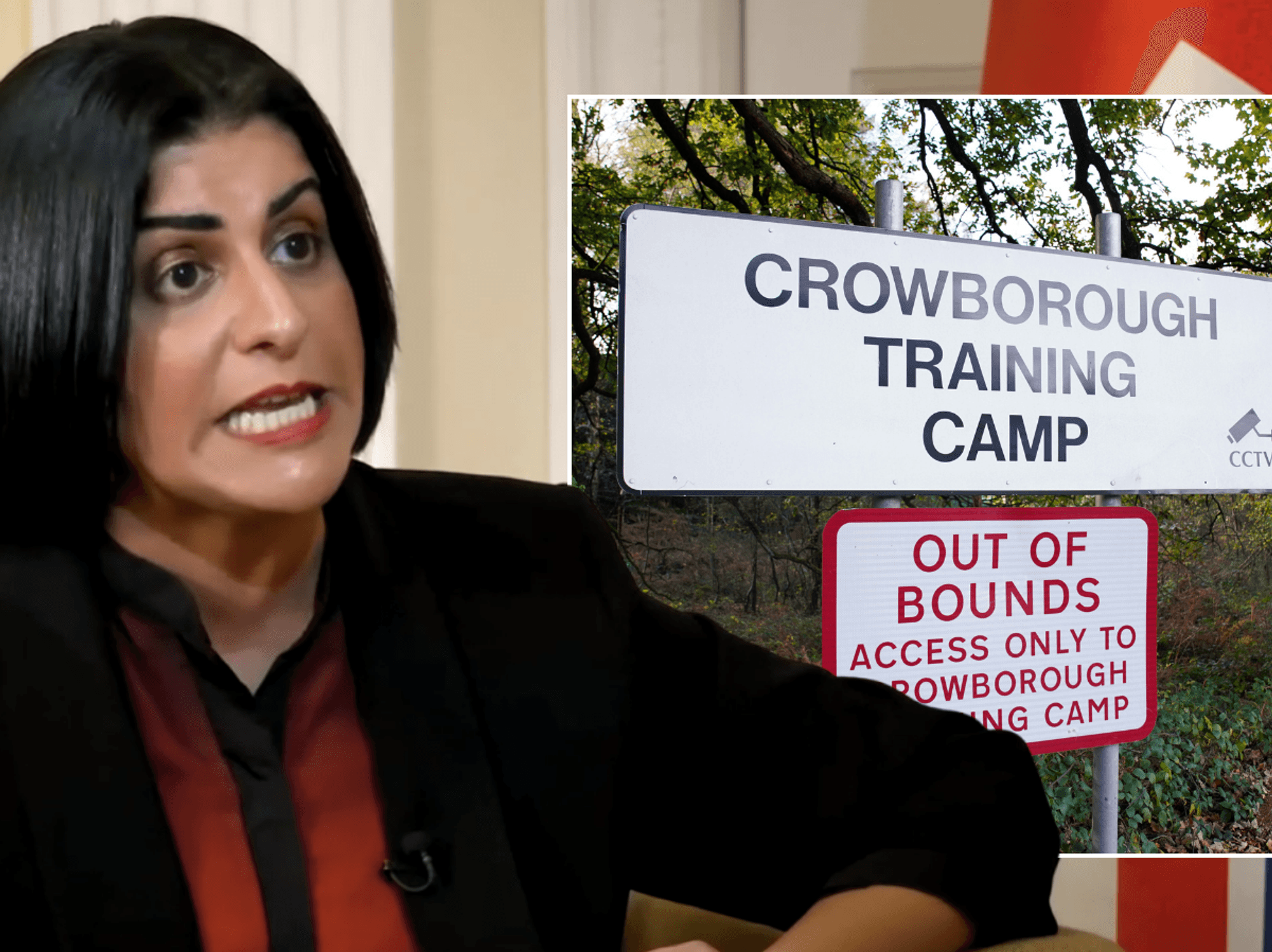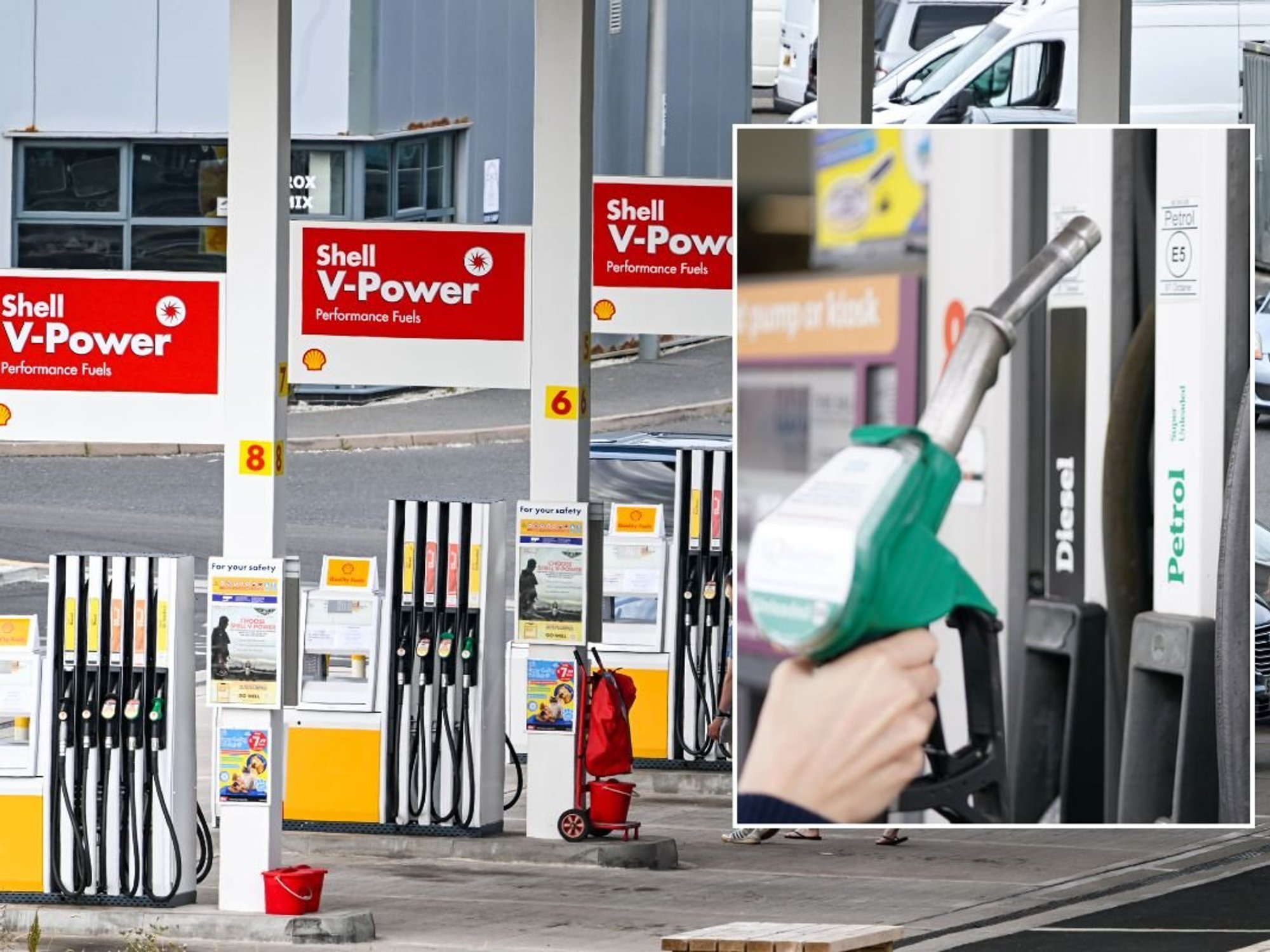Driving law changes launching in September include Dartford Crossing hikes and HMRC charges for petrol, diesel & EV owners
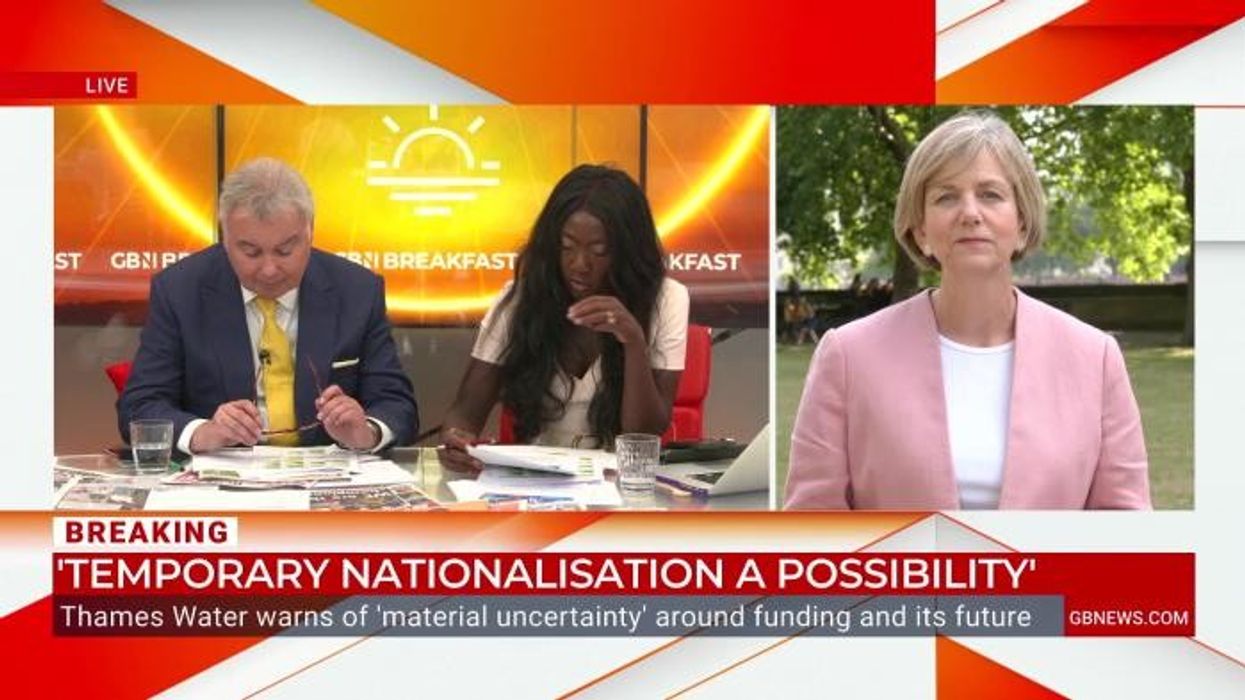
WATCH: Roads Minister Lilian Greenwood speaks to GB News about the new Electric Car Grant
|GB NEWS

Drivers could face fresh charges when using their company cars from September 1
Don't Miss
Most Read
Motorists are being warned of new driving law changes launching over the coming weeks that could see them paying more to use their vehicles, as well as price hikes for one of the most popular routes in the UK.
September will see several major changes introduced including new self-driving regulations that could see the revolutionary technology on roads as early as next year.
With new rules being introduced over the coming weeks, GB News has rounded up the most important driving law changes in September 2025 that could impact you.
Do you have a story you'd like to share? Get in touch by emailing motoring@gbnews.uk

Several new driving law changes are being introduced in September
|GETTY/PA
Advisory fuel rates
HMRC is launching new advisory fuel rates for company car drivers on September 1, which include a new distinction for electric vehicle drivers.
Diesel car owners will see minor increases to the per-mile cost of running their vehicles, while electric car owners could be charged varying amounts depending on whether they charge at home or in public.
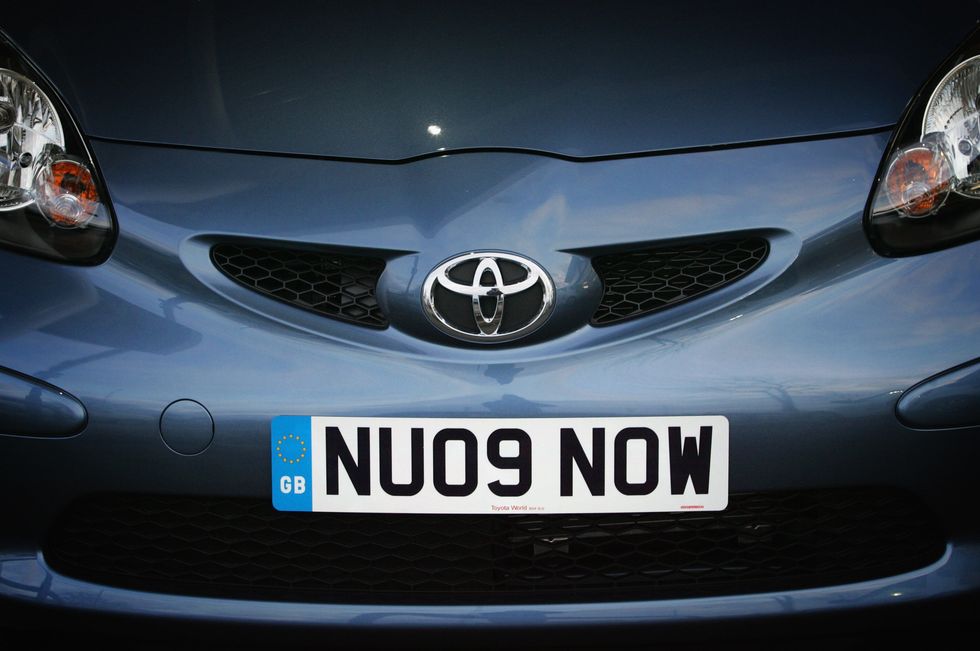 The next '75' number plate change will be released on September 1 | GETTY
The next '75' number plate change will be released on September 1 | GETTYNumber plates
In keeping with tradition, the UK will introduce a new number plate identifier at the start of September, as new cars will have a "75" tag.
It follows the launch of the "25" plate in March, which follows a long tradition of biannual plate changes that has been in place since 2001.
Experts are hoping the number plate changes will boost vehicle sales in the new and used market, especially when paired with the Electric Car Grant.
LATEST DEVELOPMENTS:
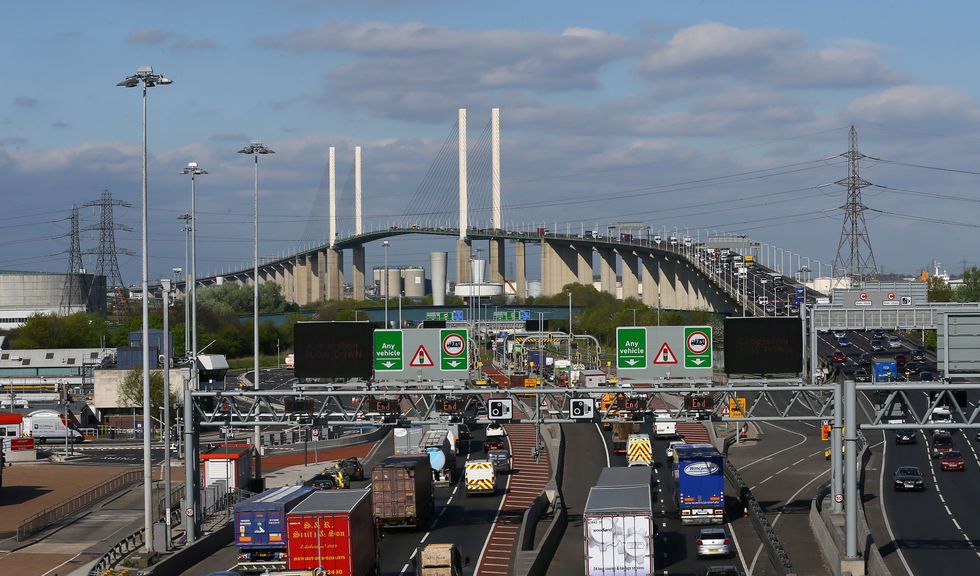 The Dartford Crossing will increase its fees by 40 per cent on September 1 | PA
The Dartford Crossing will increase its fees by 40 per cent on September 1 | PADartford Crossing
Future of Roads Minister Lilian Greenwood announced in June that the Government would be increasing the cost of travelling through the Dartford Crossing to deal with increased demand for the strategic route.
In September, cars will have to pay £3.50 as a one-off payment, while pre-pay account holders will save 70p per trip.
Buses and vans with two axles could end up paying as much as £4.20, while larger vehicles with more than two axles being charged £8.40.
Labour cited a dramatic increase in the usage of the Dartford Crossing, with the route seeing over 150,000 vehicles every day, with the busiest days potentially leading to 180,000 cars.
Ms Greenwood said: "I am aware that these necessary changes to the charges will be unwelcome news for users of the crossing.
"However, we will continue to support local people through the local resident discount scheme and I have been determined to keep the nominal fee paid by local people as low as possible, as many rely on the crossing to get around their local area."
 The Ford Puma Gen-E is one of two Ford models eligible for the £3,750 ECG incentive | FORD
The Ford Puma Gen-E is one of two Ford models eligible for the £3,750 ECG incentive | FORDElectric cars
Labour is expected to continue its rollout of eligible vehicles for the Electric Car Grant, following its launch in July.
While the Government has only included two vehicles in the maximum grant allowance of £3,750, namely the Ford Puma Gen-E and the Ford e-Tourneo Courier, more are expected.
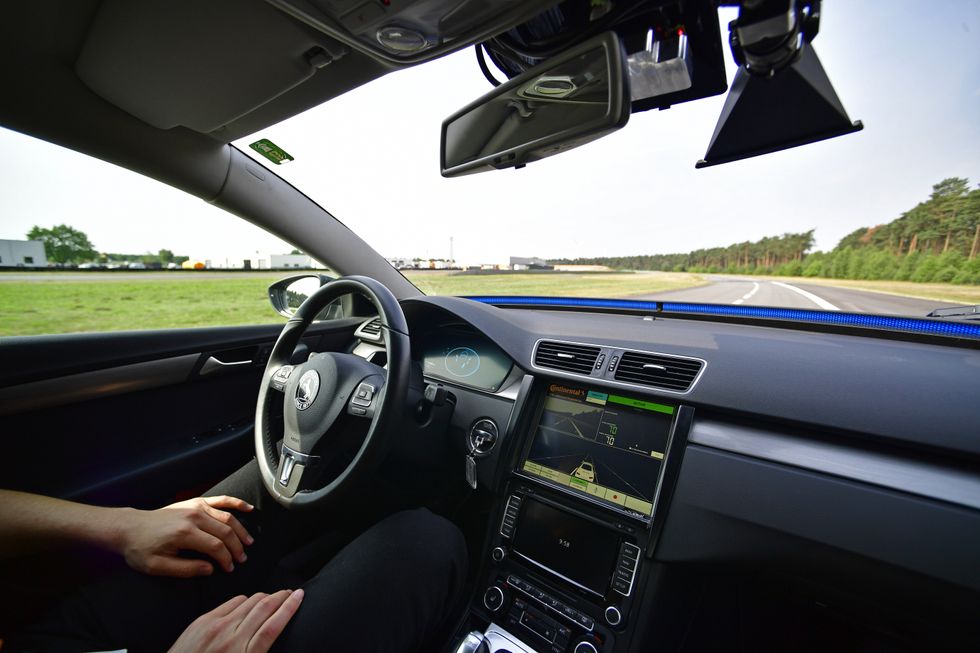 Self-driving cars could be available for hire in the UK as soon as next year | GETTY
Self-driving cars could be available for hire in the UK as soon as next year | GETTYSelf-driving cars
A call for evidence on potential safety standards will end on September 1, after the Government looked to hear from relevant parties about how safety principles could be managed.
Another consultation will conclude at the end of the month, which is designed to explore how self-driving vehicles will be regulated on roads as the UK looks to become a world leader in the sector.
Self-driving vehicles, including taxi, private hire, and bus-like services, could be on the road from Spring 2026, in a move that could create 38,000 jobs over the coming years.







